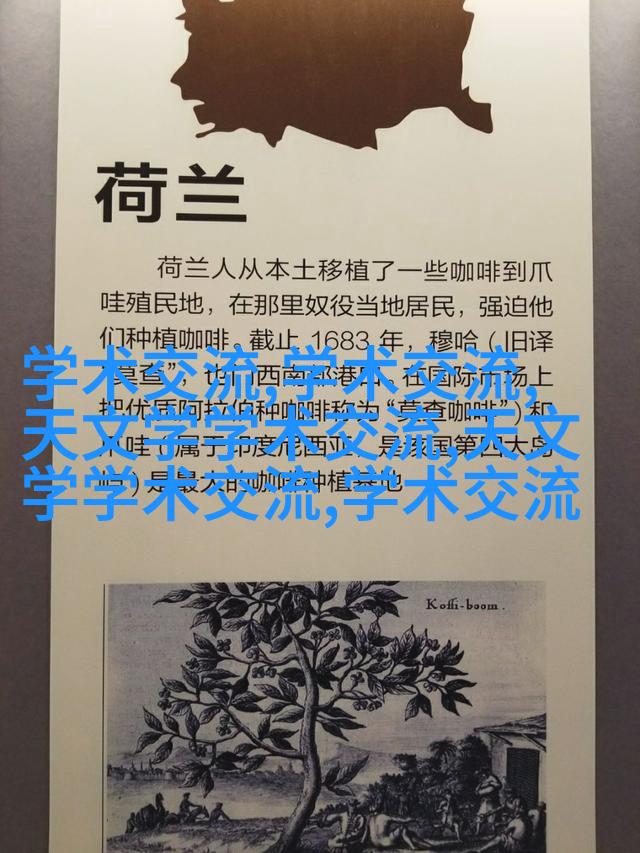Qixi Festival in English: Celebrating Love and Tradition on Valentine's Day of the East

The Qixi Festival, also known as Chinese Valentine's Day, is a traditional Chinese holiday celebrated on the seventh day of the seventh month of the lunar calendar. This festival has a rich history and cultural significance, especially for women. Here are six key aspects that make Qixi Festival unique:
The Legend Behind Qixi

Qixi Festival stems from an ancient legend about two lovers - Zhinü (the Weaving Maiden) and Niu Lang (a cowherd). Their love was forbidden due to their different social status, but they eventually got married with the help of a magical horse. When Zhinü returned to heaven, Niu Lang missed her so much that he built a bridge using his oxen's horns to cross into heaven.
Cultural Significance

This festival celebrates not only romantic love but also filial piety and family harmony. It is believed that during this time, women can reunite with their parents-in-law if there are any disputes between them.
Traditional Customs

On this day, people often visit temples or shrines dedicated to Zhinü and Niu Lang to pay respects by lighting incense sticks or praying for good fortune in marriage and relationships.
Food Traditions

Traditional foods eaten during Qixi include mooncakes filled with red bean paste or sweet lotus seed paste symbolizing reunion and happiness.
Gift-Giving Etiquette
Gifts exchanged between couples typically include fruits like pears which signify longevity or beautiful flowers like peonies representing prosperity.
Modern Adaptations
In contemporary times, young couples celebrate this day by exchanging gifts such as jewelry or watches symbolizing everlasting love while enjoying romantic dinners together at upscale restaurants adorned with lanterns in various colors representing different emotions like joyfulness (red), sadness (blue), anger (yellow), fearfulness (green) or surprise/curiosity (white).
By understanding these aspects of Qixi Festival in English we gain insight into its profound historical roots alongside modern interpretations making it one truly special celebration across cultures worldwide embracing unity through shared experiences & traditions!



